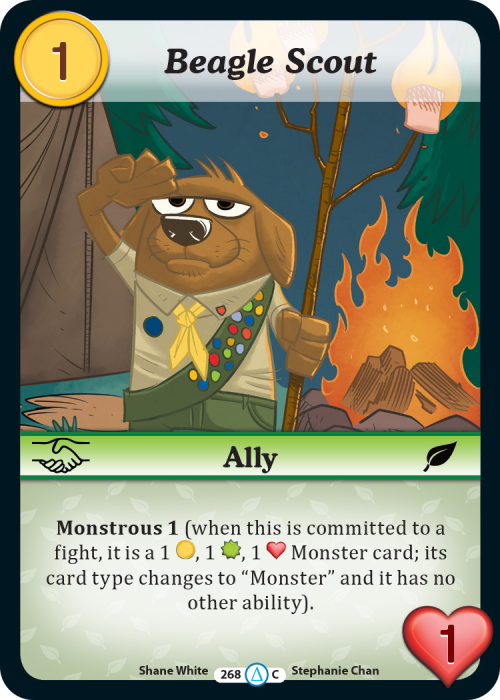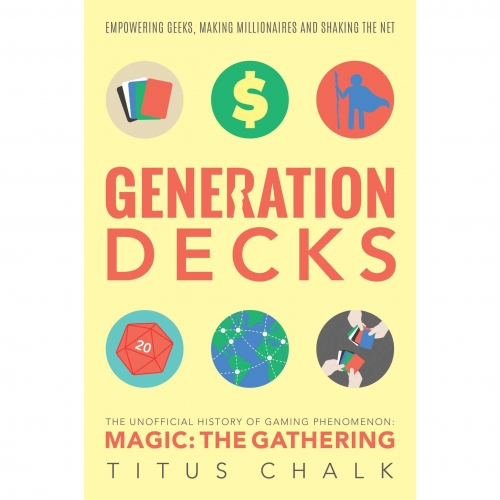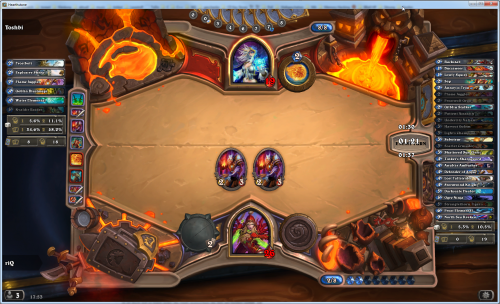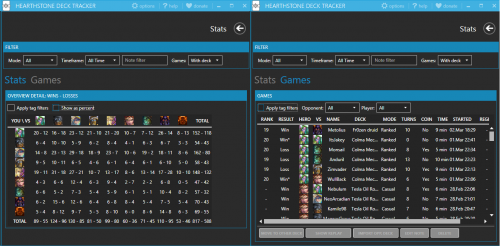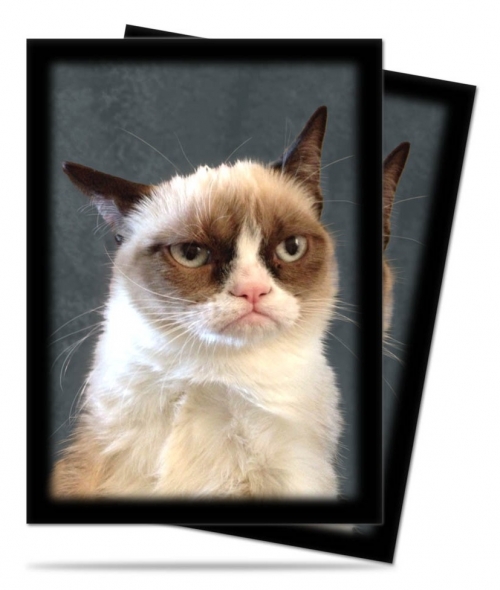I started playing the Pokémon TCG Online game earlier this year after watching The Professor’s video comparing the online versions of the Pokémon TCG with the Magic: The Gathering TCG. The Pokémon TCG is a great example of a product that is amazing in large part because it doesn’t repeat the many mistakes that the online versions of other collectible card games that are also available as traditional cardboard trading cards.
First, the game is completely free and has a ton of content that can be played for free. I spent dozens of hours playing the game meaningfully without spending a single penny. Second, the online version of the game is largely identical to the physical card game. All of the mechanics, cards, etc. are the same between the two. That might sound like a “no duh” moment, but Magic: The Gathering does not meet this most basic of minimum requirements.
And finally, the Pokémon TCG includes an activation code with every physical product that lets the player activate a similar product in the online game. For constructed deck products, the code gives you an identical constructed deck in the online game. For general booster packs, there is a code that unlocks a booster pack of the same type in the online game (the online packs contents are randomly generated, however, so the exact cards in the physical pact are not reproduced exactly).
This is awesome, and also creates an aftermarket for the online codes. A Pokémon TCG booster pack costs in the $3-4 range depending on the source. The online activation codes sell for a serious discount online. Depending on the set, you can buy the code cards in bulk for 12 to 19 cents apiece on Ebay.
In one of the few drawbacks in the way that the online codes are handled, there is no scratch off or other covering for the online code–it is simply printed plain as day on the code card. So the potential for fraud is always going to be there in buying the codes.
After searching around on various Pokémon TCG forums on the Internet looking to balance price with risk, I settled upon PTCGO.com to purchase codes from. PTCGO rests solidly in the middle of the road as far as costs are concerned. Codes for recent set releases go for around 40 cents apiece, although the site has regular daily sales that sees those fall to around 33 cents apiece.
I have purchased several hundred codes from the site so far, and have been very pleased with the process. PTCGO sends the codes via email just a few seconds after the payment goes through. I experienced a single issue with a code not validating, and the company took care of that within a few minutes.
The only drawback to PTCGO is that they only accept payment via a PayPal account. So if you don’t have or don’t want a PayPal account, you’ll have to go elsewhere.
